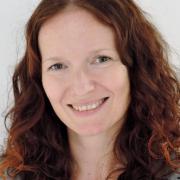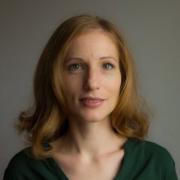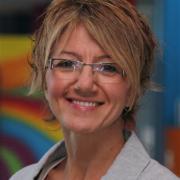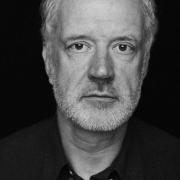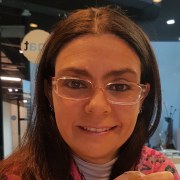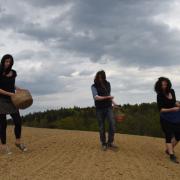Scientists & communicators: fruitful cooperations
Cooperation with scientists constitute an essential part of contemporary science communication. The reasons why communicators and scientists work together are manifold, most of the time related to an increasing demand to engage publics with technoscientific issues in order to enhance dialogue and debate between citizens and scientists.
However, working realities in science are often opposed to engagement in communication activities. Hence we will in a first step reflect on some of the challenges that might arise from these circumstances. This includes questions like: Are incentives necessary to engage scientists in communication activities? How to deal with the issue of quality, since not all scientists are well trained in communicating with “lay people”? And how do we handle a lack of resources in terms of time and engagement in the scientific community?
Overall we depart from the assumption that long-term partnerships between scientists and science communication organisations enable mutual learning and hence are profitable for both sides. Thus, the main focus of the session will be laid on identifying the features that make up best practice models of cooperation.
Facilitator
Open Science Vienna - Lebenswissenschaften im Dialog
Session speakers
Open Science - Lebenswissenschaften im Dialog
As science communication organization we perceive interaction with scientists as essential for our work: On the one hand because we benefit from the scientific input and even more importantly because we aim at fostering dialogue between science and other parts of the public. In order to institutionalize the scientists’ involvement, we have established a system of ‘registered experts’ who have declared their willingness to support our work and/or participate in public engagement activities. I will present this model and its benefits and discuss potential for improvement.
Manager of Eskisehir Metropolitan Muncipality Science Center
Thanks to partnerships especially with Anadolu University and Osmangazi University, and other higher educational institutions, we, as Eskisehir Metropolitan Municipality Science and Experiment Center, offer workshops, particularly to children and the young, to ensure that they have hands on experience in science. The cooperation with the academic and the scientific world has bear its fruit. The increasing positive effect and the influence of these efforts have been observed on children and the young. It is not only the children but also the center itself that has benefited from these cooperations.
Also the inclusion of the NGOs, associations and foundations, our cooperative efforts has enabled us to offer unique workshops that are organized in Turkey for the first time.
Furthermore, we have endeavoured to create a common language for our visitors by having regular meetings with scientists and communication specialists. We have observed that the scientists and communication specialists have many things to learn from each other. This common language has inspired and energized our center to do more and to offer more to our visitors.
A major challenge for Polytechnic Museum renovation is to avoid an “exhibit-dependent museum”, where scientific notions are selected largely based on their exhibitability, inevitably resulting in a patchy presentation. That's why more than 150 scientists under the supervision of the curatorial team picked over a list of facts/theories/ideas that will be reflected in the exhibition. During the entire period of main exposition preparation we work closely with scientists skilled at popularization, aiming to present fundamental science as an exciting enterprise that, in fact, shapes our relations with the world.
Today museums should have new models of communication in order to create a more practical and direct relationship among all relevant stakeholders. We know that when science is communicated effectively to all audiences, it builds support for science, promotes understanding of its wider relevance to society, and encourages more informed decision-making at all levels. Communicators offer scientists ways to learn and practice the basics of effective communication. By teaching scientists how to explain their work it is possible to increase the impact of science in multiple dimensions.
As a "Fresh Idea" speaker I contribute to this session by bringing my experience of initiating the Science and Art project "Observation Journal". The project team is a self-organized group consisting of artists, scientists and multidisciplinary specialists – all of them being in an ongoing dialogue. We do believe that art is an area of science and that the entire value of an art piece may be measured by the amount of cultural, social, historical and scientific connections. Against this background we aim to understand how science and artists collaboration may be the term of simultaneous scientific and artistic research. I present how scientists participate in the process of art creation which could lead to mutual gaining of new experiences and knowledge for future inventions in science, art and society.

